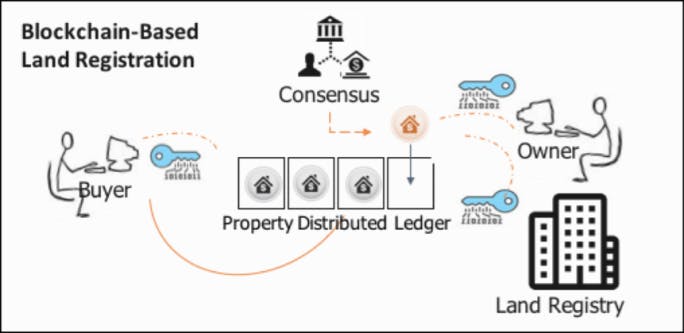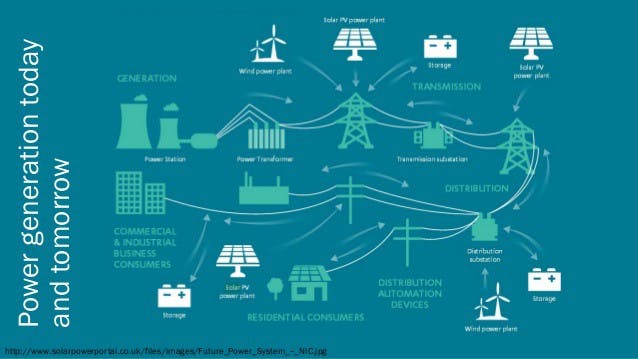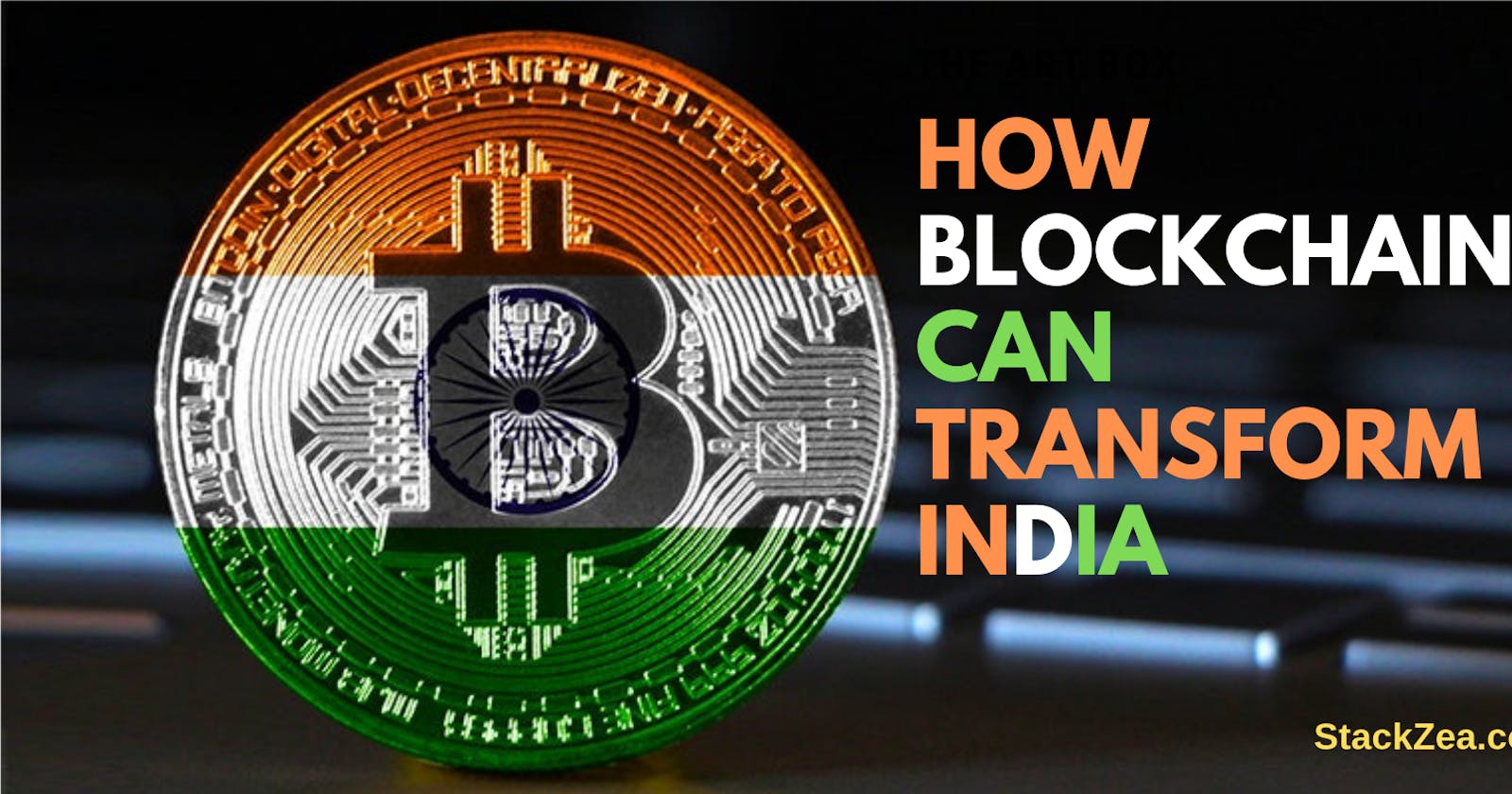Courtesy: StackZea.com
Agriculture Sector…
Let’s start with Agriculture… Agriculture for us, to do anything in transforming India; we first have to look at Agriculture. Agriculture is 16% of our GDP, ie:12 crore farmers are directly engaged in agriculture. In fact, India has the 2nd highest amount of land under agriculture in the world. But out of all these numbers, there exists another number, which is the number that left out to null, ie: 23. 23 is the number of farmers who kill themselves, every single day in this country.
Now, why do they do so… They don’t have farm equipment to make yields happen; even if they own land, their land may be very small, that they can’t do scientific agriculture, and hence, can’t get the output based on the input that they put in. Even if they own the land, most of the time, it may not be recorded as of theirs’ and thus, they can’t get finance on all the inputs that they want. And they go on taking loans from other people and end up in killing themselves.
](https://cdn-images-1.medium.com/max/3200/1*aQaEElRmbnMguaL6rcDNtw.png) Courtesy: cleveroad.com
Courtesy: cleveroad.com
And now, “How can Blockchain help here?” Actually in multiple ways. For example, Blockchain is ideally suited to create a new “Uber”, creating an Uber for tractors, where the costs become much lesser, and smart contracts, provenance, non-hackability, etc: make it much easier. In fact, we can go a step further. Blockchain is the ideal technology to create “Fractional Ownership”, where, for example, multiple farmers can own a tractor or something else, which is still easier to do and all the financing data and the complications that arise from there can actually be taken care largely by this technology.
Land Records Management…
Next about the land… Governments all over the world are digitizing their land, or are trying to digitize their land as we know of now. The problem is even if we digitize it, someone can hack it, someone can still change their names, someone can do whatever they want and can take ownership.
In fact, even if we digitize it we only know to whom it belongs to, what you don’t know is to whom it belonged to, and what the provenance of the land is, and what sometimes is most important.

Blockchain can come in and solve the problem and in fact, Andhra Pradesh has started doing so in India. They had started moving their agricultural land records to blockchains. And frankly, what excites me the most is the fact that we can use blockchain better than any other technology, such as to do consolidation of these small plots into one large plot or larger acreage. And the blockchain can take care of whose land, how much input happened, how much output happened, etc: and smart contracts can actually move money and output. Hence, there could actually be a massive agricultural transformation, which can happen through this technology.
Power Management…
Take energy as the next example… The energy in a rural context… The power today, or electricity to us is a centralized concept. The concept of a single powerplant distributing power works in cities very well, but not in villages and it doesn’t make economic sense.
We have to produce power, where we need power.
It’s possible to do using solar or wind or other stuff. But the problem is, how to make it economically viable. There’ll be certain houses which will be producing more power than they consume, and there’ll be places which aren’t producing power. If you again use blockchain and a little bit of IoT, to link all of these houses equipped solar panels on them, automatically, excess power can be transferred to the deficit power region and money from deficit power guy can be transferred to the excess power guy. Actually we can use cryptocurrency here…. It’s an interesting way to think about it…
 Courtesy: pt.slideshare.net
Courtesy: pt.slideshare.net
So, creating such microgrids that have been a problem so far can be solved. Producing power is not a problem; how you make it economically viable is one thing that blockchain can potentially do.
It can do many things, but at the hype of its top things, it can’t do everything. I talked about agriculture, electricity, etc. In fact, healthcare, managing subsidies, education, voting (it can actually prevent voter fraud) and the new ‘Aadhaar’ going forward can actually be on the blockchain; but my favorite use-case is on Chit funds.
Chit Funds…
Chit funds work on the principle of distributed trust. You are rather trusting a community than trusting a central authority or a bank. It’s actually a parallel banking system that exists in our country. In fact, 10% of India’s savings are going to chit funds. The problem is, the amount of fraud in chit funds is actually estimated to be 10 billion dollars. The reason is, the principle is right, it uses to work, its a classical peer to peer system.
](https://cdn-images-1.medium.com/max/3780/1*rebBpJ2qeOt9VcqevYexHg.jpeg) Courtesy: https://t-chits.telangana.gov.in/
Courtesy: https://t-chits.telangana.gov.in/
The problem is, there has been no framework, even though the technology has grown so far, which could manage them effectively. And here comes the blockchain. Whether its the power of consensus or its power of non-hackability, or the power of provenance or smart contracts, it’s ideal. That’s why in fact it's the banks that are adopting blockchain the first, amongst all other industries because they know that one day it’s going to disrupt them.
Multiple countries like Japan, Canada, Dubai, Estonia, Mauritius (In fact Mauritius is calling itself Ethereum Island) etc: want to become Blockchain Nations. They all want to use Blockchain to transform their country’s economies and more things beyond that. Let’s hope, that our leaders, politicians, and policymakers understand the true power of Blockchain Technology and implement it to transform India’s economy.

